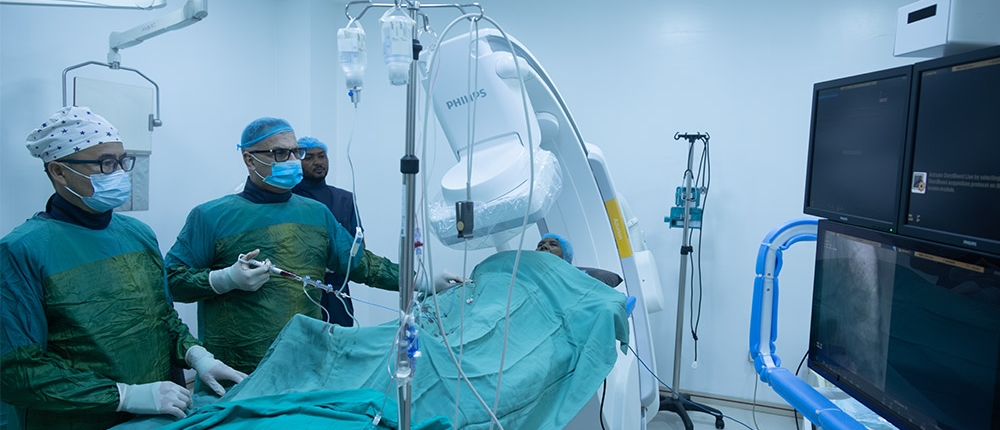Traveling abroad can expose individuals to diseases not commonly found in their home country. At Anderson’s Hospital, we offer up-to-date vaccination services and travel health advice to ensure your journey is safe and healthy.
Requirements for Valid Vaccination Certificates
For a vaccination or prophylaxis certificate to be valid, the following conditions must be met:
-
✅ The vaccine or prophylaxis must be approved by the World Health Organization (WHO).
-
✅ The certificate must be signed by a licensed medical practitioner or authorized health worker overseeing the vaccine administration.
-
✅ The certificate must bear the official stamp of the administering center. However, a stamp does not replace the required handwritten signature.
-
❌ Any alteration, erasure, or incomplete section may invalidate the certificate.
-
✅ The certificate is valid only until the date stated for the specific vaccination.
-
✅ It must be completed in English or French. Other languages may be included in addition to one of these.
Important Notes
-
The only disease currently requiring mandatory proof of vaccination under the International Health Regulations (2005) is Yellow Fever.
-
When administered, the term “Yellow Fever” must be written in the designated space on the certificate.
-
This certificate will also apply if the WHO designates another disease requiring proof of vaccination in the future.
Information for Travellers
During international travel — for holidays or business — individuals may encounter diseases not present or rare in their home country. It is strongly advised to:
-
📋 Consult your doctor or health department before travelling for tailored protection measures.
-
💉 Be aware that in addition to yellow fever, vaccinations may be recommended or required for:
Travellers should also be mindful of other health risks such as:
-
Changes in climate and altitude
-
Mental or physical strain
-
Poor hygiene or food safety
-
Contact with insects and animals
-
Physical injury risks
📌 Tip: After returning from travel, inform your doctor about recent trips if you experience illness — even up to a year later.
Malaria Protection
Malaria remains a serious risk in many tropical and subtropical regions. While no vaccine exists for malaria, you can protect yourself by:
-
🦟 Using mosquito repellents and insecticide-treated nets
-
💊 Taking antimalarial tablets before and during travel
-
📞 Keeping emergency tablets if medical care isn’t immediately accessible
If you develop a fever during or after travel (even up to three months later), seek urgent medical attention and inform your doctor of your travel history — especially if you visited a malarious region.
Information for Physicians
-
All vaccination dates must be written in this format: day – month (in letters) – year (e.g., 1 January 2025).
-
If a vaccine is medically contraindicated, provide a written exemption for the traveler. Local health authorities may consider this.
-
For the latest vaccination requirements and yellow fever center listings, consult the WHO publication “International Travel and Health.”





